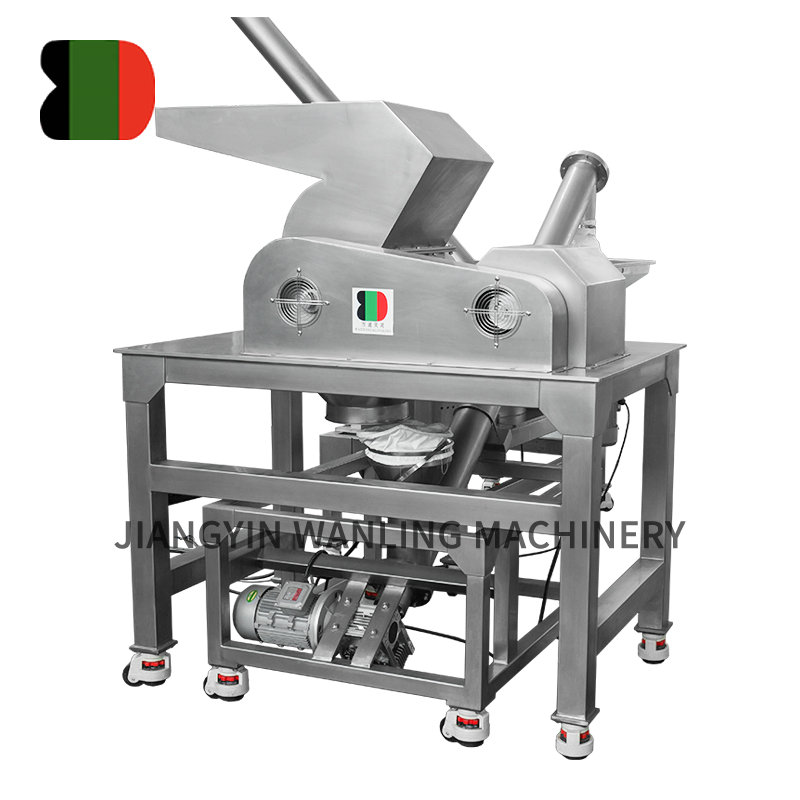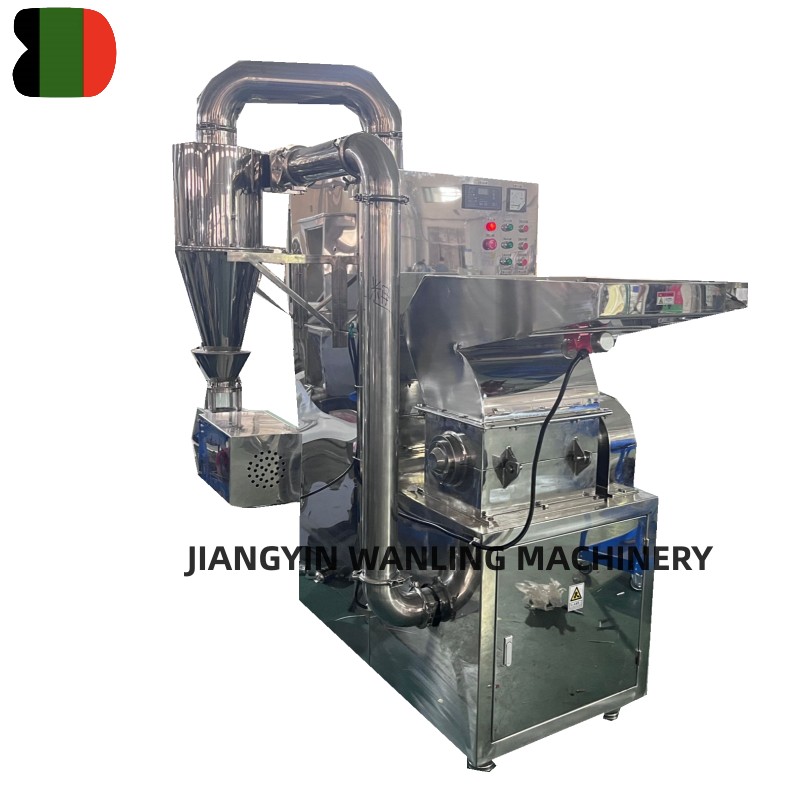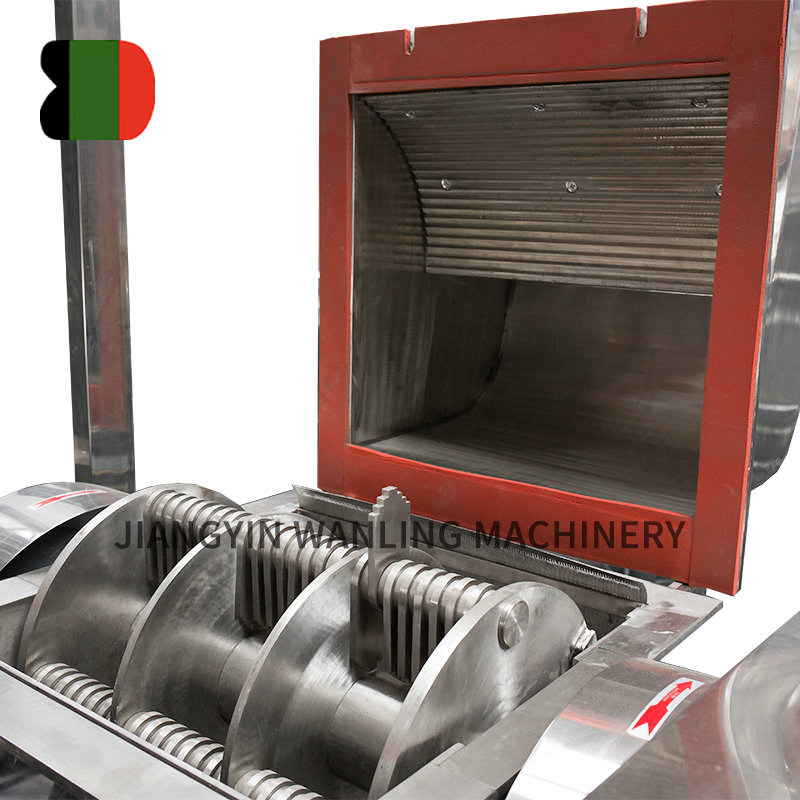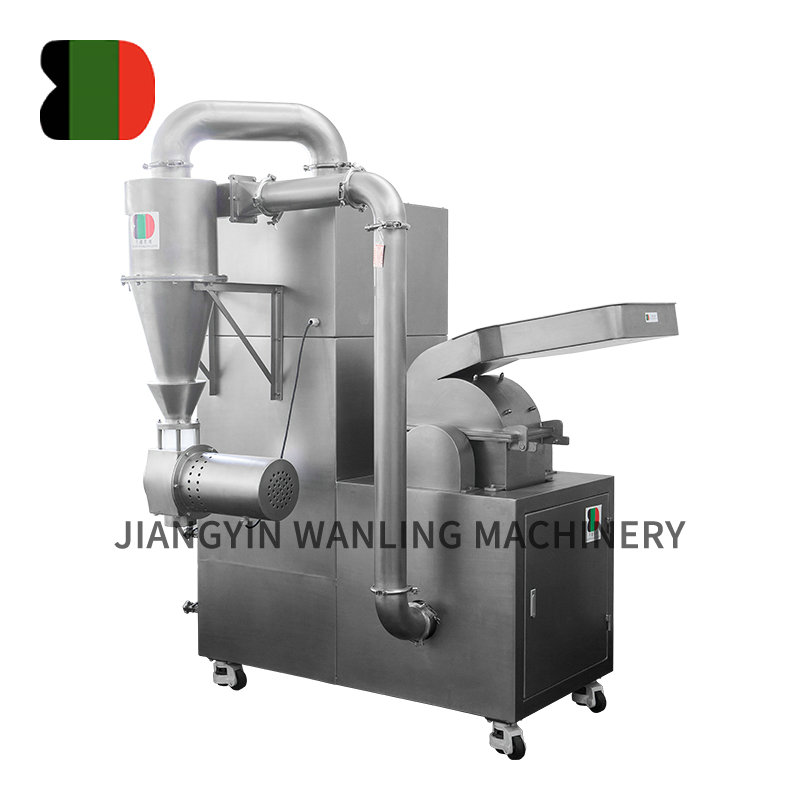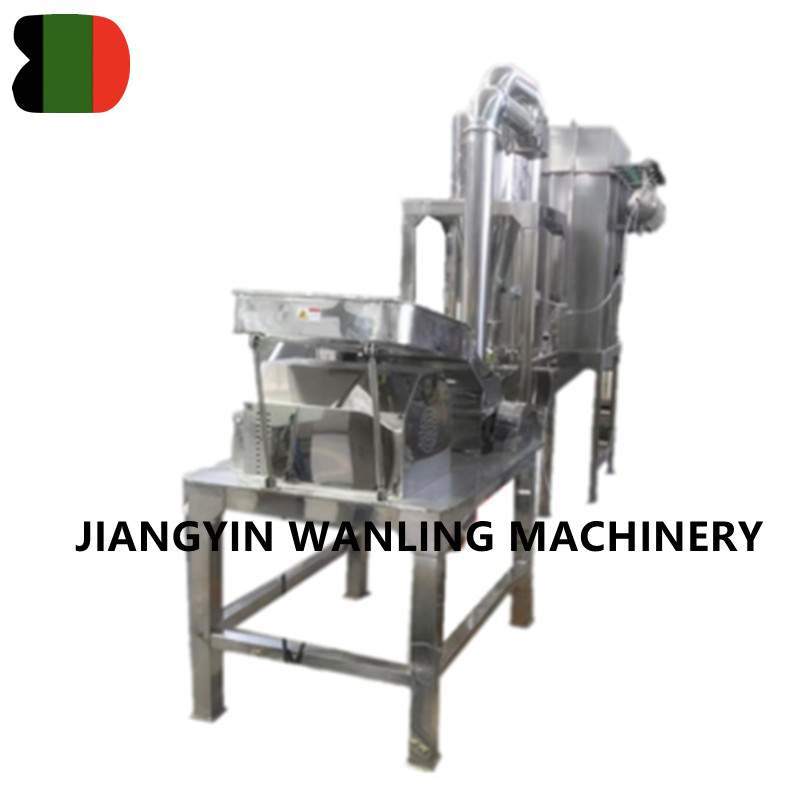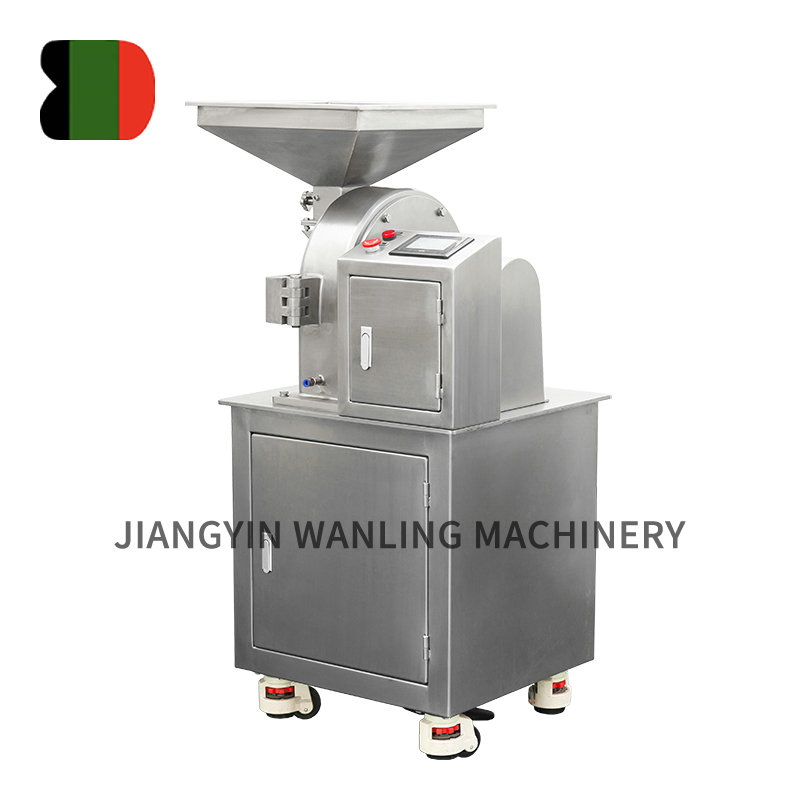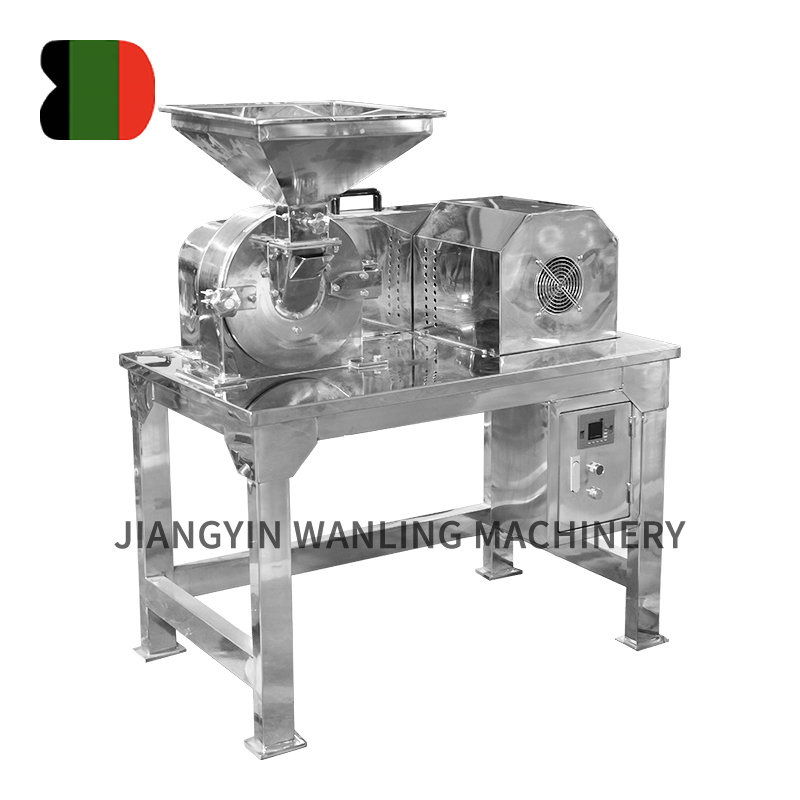Coarse crushers play a crucial role in industries that process recyclable materials by facilitating the initial breakdown of large, bulky, or tough recyclable items into smaller, more manageable pieces. This step is essential for the following reasons:
Initial Size Reduction: Coarse crushers break down large recyclable materials, such as metal scrap, concrete, glass, plastics, and wood, into smaller fragments. This makes handling, transportation, and further processing easier.
Efficient Sorting and Separation: After coarse crushing, recyclable materials are often easier to sort and separate based on material type. For example, crushed concrete can be separated from metal reinforcements, and broken-down plastics can be sorted by polymer type.
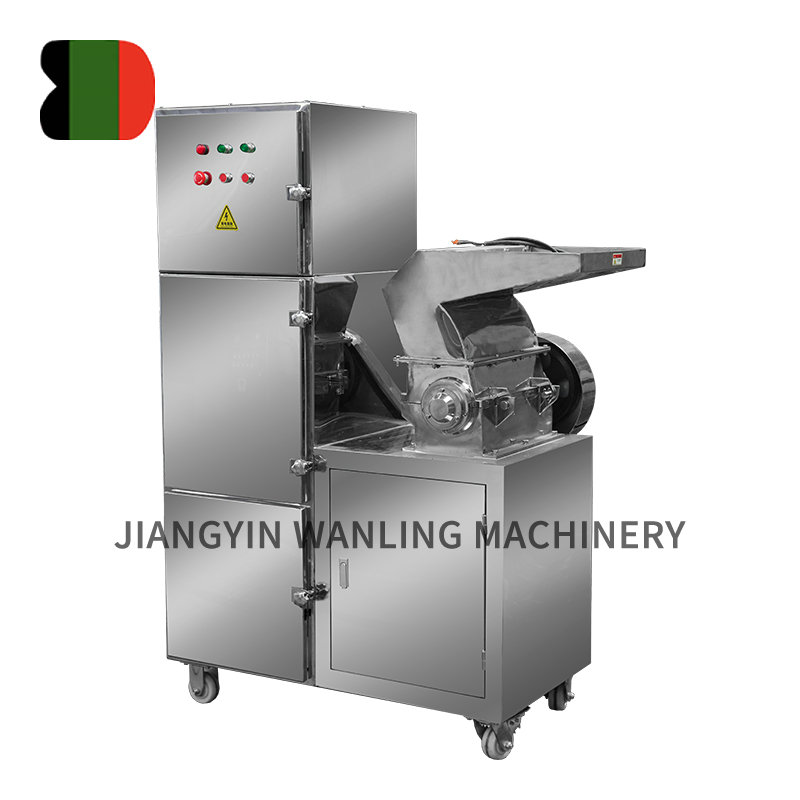
Improved Processing for Reuse: Coarse crushing helps prepare materials for further recycling processes, such as fine crushing, grinding, or shredding. For instance, coarse-crushed glass can be further ground into cullet for remanufacturing, and metal scrap can be fed into smelting furnaces after coarse crushing.
Energy Savings: By reducing the size of materials early in the recycling process, coarse crushers help reduce the energy required for later processing stages. Smaller pieces require less energy to be further processed, which improves the overall efficiency of recycling operations.
Enhanced Transport and Storage: Crushed materials take up less space, making them easier to store and transport, which is essential for large-scale recycling operations. This helps reduce costs and streamline logistics in the recycling supply chain.
Material Recovery: In the recycling industry, coarse crushers assist in maximizing the recovery of usable materials by reducing waste. This can be especially important for reclaiming valuable materials like metals from electronic waste or construction debris.
Coarse crushers are vital in the recycling industry for optimizing the material breakdown process, improving efficiency, and ensuring that recyclable materials are effectively processed for reuse.



 Español
Español